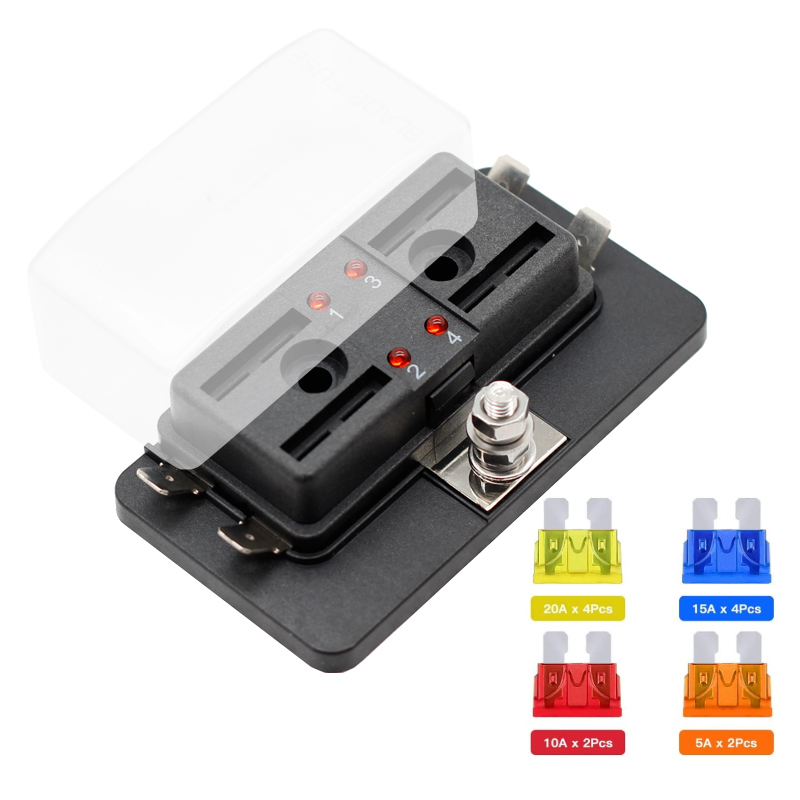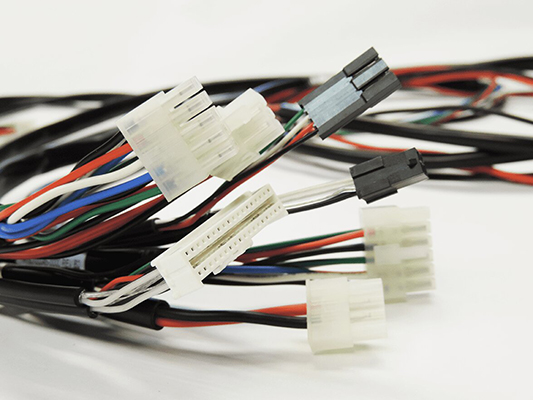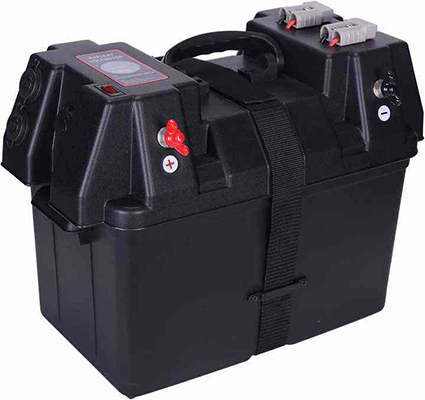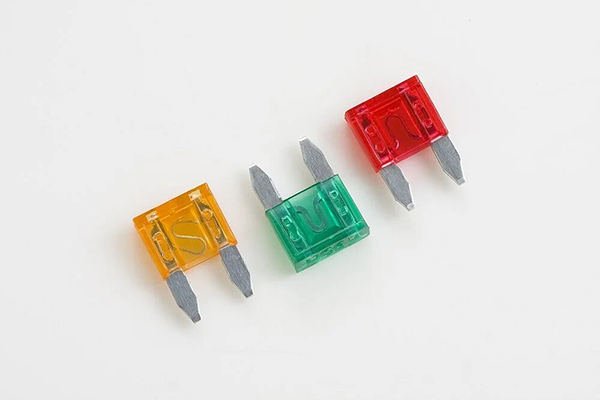Car Fuse Holder for Electric Vehicles (EVs) Safety Standards and Requirements
News 2025-10-20
Electric vehicles (EVs) are reshaping the automotive landscape with their high-voltage systems, making safety components like car fuse holders essential for preventing electrical failures. These holders protect against overcurrent and short circuits, adhering to rigorous standards that ensure reliability in demanding EV environments. This article explores the key safety requirements, application scenarios, and performance benefits of fuse holders specifically designed for electric vehicles.

Regulatory Standards and Certifications
EV fuse holders must comply with standards such as ISO 8820 for road vehicle electrical systems and UL 248 for low-voltage fuses. These regulations specify criteria for voltage ratings, current interruption capacity, and resistance to environmental stresses like vibration and temperature fluctuations. Certifications from organizations like TÜV Rheinland or Underwriters Laboratories confirm that fuse holders can handle EV-specific challenges, including rapid charging cycles and high-energy demands, thereby minimizing risks of fire or system damage.
Application Scenarios and Performance Benefits
In EVs, fuse holders are critical in battery management systems, power inverters, and charging circuits, where they safeguard against faults in high-voltage setups. Their performance advantages include superior thermal stability, quick fault detection to reduce downtime, and compatibility with regenerative braking. Using advanced materials like ceramic or high-grade polymers, these holders offer enhanced durability and efficiency, leading to better energy management and longer vehicle lifespan in real-world driving conditions.
Frequently Asked Questions
1. What are the main safety standards for EV fuse holders?
Answer: Key standards include ISO 8820, UL 248, and SAE J1742, which address voltage tolerance, fault interruption, and environmental resilience.
2. How do fuse holders enhance safety in electric vehicles?
Answer: They provide rapid circuit protection against overcurrent, preventing potential fires and electrical hazards in high-power EV systems.
3. What performance features make EV fuse holders superior?
Answer: Features such as high interrupting capacity, thermal resistance, and compact design improve reliability and integration in EV applications.


